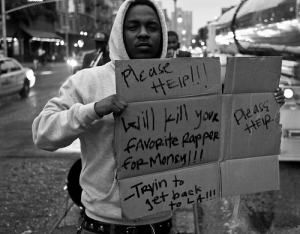“Dear diary, this is now day 46 of quarantine.”
This has to be every journal keeper’s dream intro. It seems like these days, one of the most marketable lifestyle habits is mindfulness. It’s as if keeping a compendium of your absurdist anecdotal humor, fantasies, dreams, fears and political opinions far too radical for Facebook or even daily activities is nothing short of an antidote to loneliness; something that-for those who actually respect government ordinance and the wellbeing of others are feeling a lot of right now.
People have been doing this act of self-reflection for millennia. From great Roman emperors whose philosophies on life and credos of self-discipline continually guide us to the most forgettable of commoners, whose eyes looked toward the horizon at the prospects of a greater tomorrow. If life is the catalyst, and sometimes our reactions are nearly impossible to manage, the pen-to-paper method is the anticatalyst that allows us to slow down time and space and remove the interference of frequencies that drain our focus.
I started journaling back in November. Over the summer, I went to Barnes and Noble and purchased a charming, though rather cheaply made, quill pen alongside an Italian leather journal, the kindwith the fancy leather string that binds the cover shut.
I envisioned my future self hunched over, scribbling furiously by candlelight in my Wendle Hall room like some precocious prophet, wretchedly writing the wrongs of modern society. Of course, this wasn’t the case, and I found myself facing the struggles of being consistent with my latest project.
I found my journal to be very useful in times of stress and isolation. I got some of the best use out of it when trying to articulate new experiences. Namely, when I was in Madison, Wisconsin in January for the Kennedy Center American College Theater Festival and tried out a float tank for the first time.
One of the beauties of journaling is that you are essentially creating a dialogue with yourself. It keeps your mind keen and allows you to self analyze your thoughts and reactions to everyday events. Some things to keep in mind as a proviso when beginning this journal journey is the initial expectations you might be tempted to place on yourself. Sometimes, we feel like we must be the heroes in our story and get into the nitty-gritty of the unimportant details and write as if the world is watching over our shoulder in judgment.
My advice is to write as if the complete opposite were true; play the observant vagabond in your story with all of your antithetical thoughts and write as your senses command you to.
Nevertheless, a journal is most certainly warranted in being a playing field for creative literary endeavors as well. In a journal, you can truly make the mundane extraordinary.




